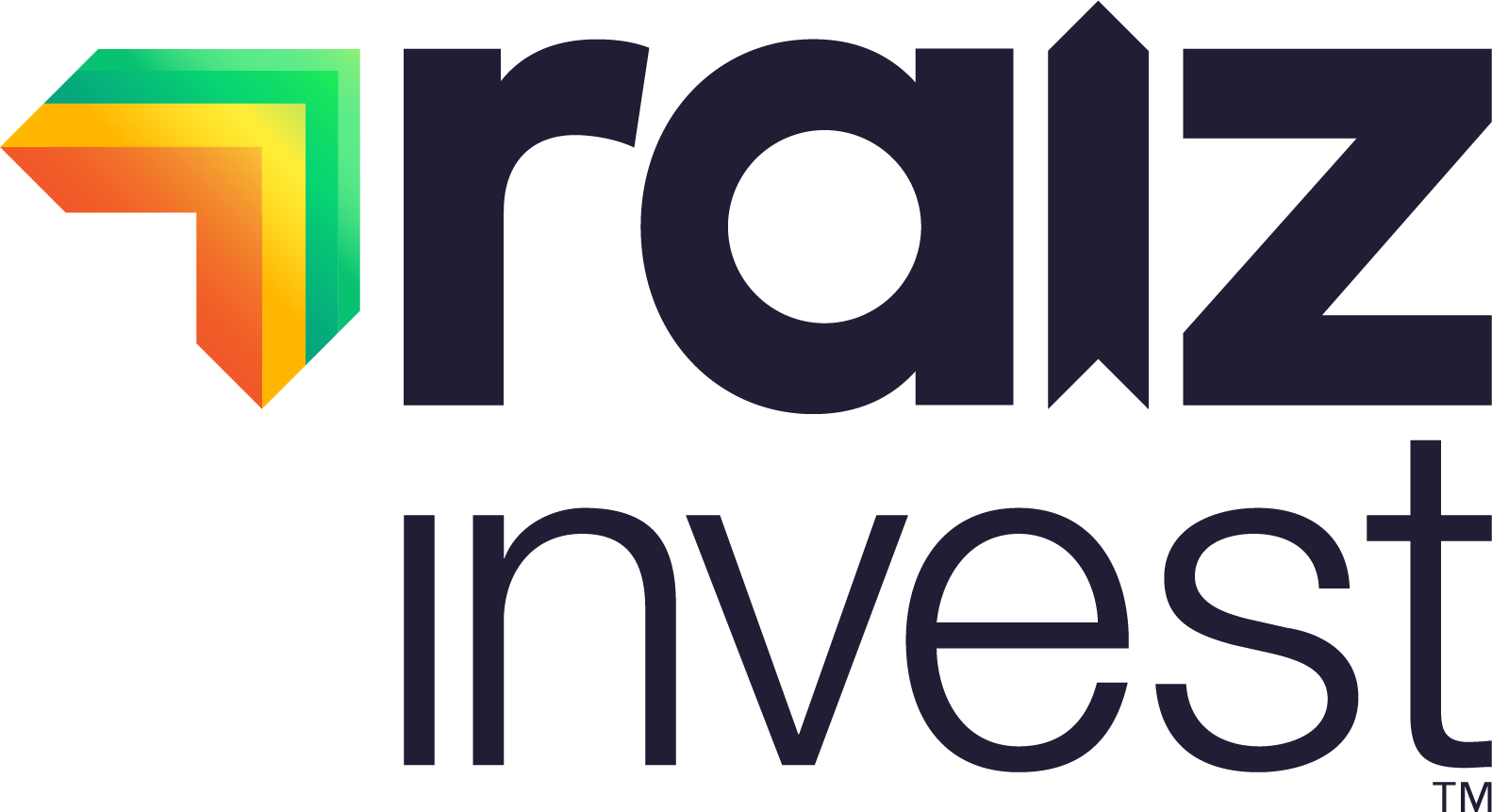US records surge in April inflation

18-05-2021
George Lucas, Raiz Group CEO
The biggest market developments this week were out of the US, which saw equity prices tumbling and bond yields rising. However it’s unlikely this pattern will last for long.
Basically the market seemed shocked about the high US inflation number for April. It showed much larger-than-anticipated increase in inflation, with US April consumer inflation (CPI) data registering a 4.2 per cent annual increase at the headline, the biggest since 2008.
The market appeared spooked even though the US Fed had been flagging for months to expect a circa 4 per cent figure for inflation in the short term due to the pressure on prices in March, April and May 2020 when economic fear from the pandemic was highest. This panic too will pass.
US jobs numbers underwhelm
Although much of the commentary on the inflation figures focused on the idea that supply is struggling to keep up with demand as the US economy reopens, this is not really true. In fact, most of the increase is due to the panic in March, April and May 2020 which saw prices of things like used cars fall substantially. It’s a reminder not to believe everything you read.
Still in the US, the employment report for April revealed the jobs market did not improve anything like as quickly as hoped last month. This will justify the Fed keeping rates lower for longer.
Also, media reports suggesting stagflation are in my view overblown as more recent data suggests that the rapid increase in activity at the start of the year in the US continued into Q2, despite the disappointing recent jobs figures.
Australia economic recovery well underway
By contrast with the US, Australia has different issues to watch out for such as supply constraints on labour, and delays on imports and exports. These issues do not affect many other countries around the world as much because their borders have been far more open.
Additionally, Australia is already seeing a fall in retail sales which occurred in Q1, suggesting that the recovery in consumption slowed last quarter as growth after the initial surge due to re-opening eased. Many countries are just re-opening now.
On consumption, there’s also the Australian roll out of mass vaccinations to consider. It’s still slow, but that will likely have minimal impact on consumption and the economy as there are few community COVID-19 cases domestically, so it has been safe to shop and consume for some time.
Iron ore pushes above $200 a tonne
Meanwhile, it looks a lot like Australia is now Saudi Arabia of the 1980s, but instead of relying on oil prices we rely on iron ore prices, which surged to $200 a tonne for the first time.
The lifting iron ore prices were driven by surge in steel consumption as the world emerges from COVID-19 and big miners now struggle to keep pace with demand.
As long as iron ore prices remain high and there is demand for iron ore we can afford to keep our borders closed and develop no new markets for our products and services.
Australian dollar strength continues
These rising commodity prices, not only iron ore but also other industrial commodities like copper, will provide support to the Aussie dollar and increase the difficulty of the Reserve Bank of Australia keeping it below the level that the TWI would indicate that it should be trading at.
The risk here is that a stronger Australian dollar, more than rising interest rates, can do the most harm to the local economy, especially if it is not restructuring or retooling itself to the structural economic issues caused and illustrated by the pandemic.
Spotlight on selloff in tech stocks
Turning to the selloff in tech, it has become fashionable to blame the periodic underperformance of big tech on weakness in the Treasury market. I am not sure this is true.
Rather, it’s probably due to the opening up of economies and the huge fiscal stimulus globally that has had bigger influences on the rotation trade out of big tech. I have written about this rotation being a theme all year and it began in November 2020, so we should get used to it.
Saying all this, it is possible that big US tech’s collective expected EPS at the end of 2022 will be more than 80 per cent above its level at the end of 2019, before the pandemic hit.
The caveat here is that big US tech’s earnings may be especially vulnerable to reforms championed by the Biden administration, such as higher corporate taxes and antitrust reforms.
Malaysia economy rebounds in Q1
In Asia, this week saw Malaysia’s economy report an export-driven rebound of 2.7 per cent quarter-on-quarter in Q1, despite a partial lockdown midway through the quarter.
Looking ahead, Bank Negara Malaysia said the nation’s economy would continue to benefit from better global demand, more public and private sector spending and sustained policy support.
Don’t have the Raiz App?
Download it for free in the App store or the Webapp below:
Important Information
If you have read all or any part of our email, website, or communication then you need to know that this is factual information and general advice only. This means it does not consider any person’s particular financial objectives, financial situation, or financial needs. If you are an investor, you should consult a licensed adviser before acting on any information to fully understand the benefits and risk associated with the product. This is your call but that is what you should do.
You may be surprised to learn that RAIZ Invest Australia Limited (ABN 26 604 402 815) (Raiz), an authorised representative AFSL 434776 prepared this information.
We are not allowed, and have not prepared this information to offer financial product advice or a recommendation in relation to any investments or securities. If we did give you personal advice, which we did not, then the use of the Raiz App would be a lot more expensive than the current pricing – sorry but true. You therefore should not rely on this information to make investment decisions, because it was not about you for once, and unfortunately, we cannot advise you on who or what you can rely on – again sorry.
A Product Disclosure Statement (PDS) for Raiz Invest and/or Raiz Invest Super is available on the Raiz Invest website and App. A person must read and consider the PDS before deciding whether, or not, to acquire and/or continue to hold interests in the financial product. We know and ASIC research shows that you probably won’t, but we want you to, and we encourage you to read the PDS so you know exactly what the product does, its risks and costs. If you don’t read the PDS, it’s a bit like flying blind. Probably not a good idea.
The risks and fees for investing are fully set out in the PDS and include the risks that would ordinarily apply to investing. You should note, as illustrated by the global financial crisis of 2008, that sometimes not even professionals in the financial services sector understand the ordinary risks of investing – because by their nature many risks are unknown – but you still need to give it a go and try to understand the risks set out in the PDS.
Any returns shown or implied are not forecasts and are not reliable guides or predictors of future performance. Those of you who cannot afford financial advice may be considering ignoring this statement, but please don’t, it is so true.
Under no circumstance is the information to be used by, or presented to, a person for the purposes of deciding about investing in Raiz Invest or Raiz Invest Super.
This information may be based on assumptions or market conditions which change without notice and have not been independently verified. Basically, this says nothing stays the same for long in financial markets (or even in life for that matter) and we are sorry. We try, but we can’t promise that the information is accurate, or stays accurate.
Any opinions or information expressed are subject to change without notice; that’s just the way we roll.
The bundll and superbundll products are provided by FlexiCards Australia Pty Ltd ABN 31 099 651 877 Australian credit licence number 247415. Bundll, snooze and superbundll are trademarks of Flexirent Capital Pty Ltd, a subsidiary of FlexiGroup Limited. Lots of names, which basically you aren’t allowed to reproduce without their permission and we need to include here.
Mastercard is a registered trademark and the circles design is a trademark of Mastercard International Incorporated.
Home loans are subject to approval from the lending institution and Raiz Home Ownership makes no warranties as to the success of an application until all relevant information has been provided.
Raiz Home Ownership Pty Ltd (ABN 14 645 876 937), an Australian Credit Representative number 528594 under Australian Credit Licence number 387025. Raiz Home Ownership Pty Ltd is 100% owned by Raiz Invest Australia Limited (ABN 26 604 402 815).




